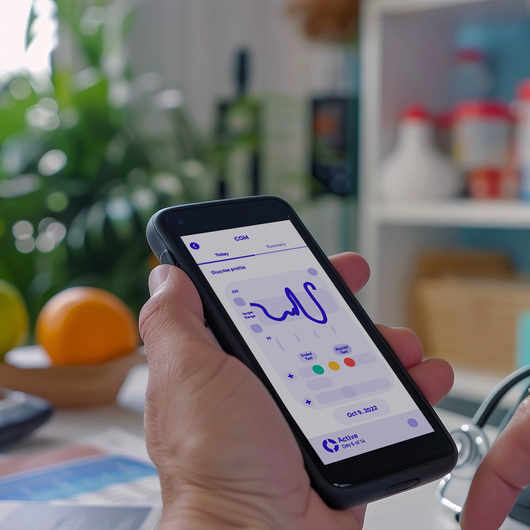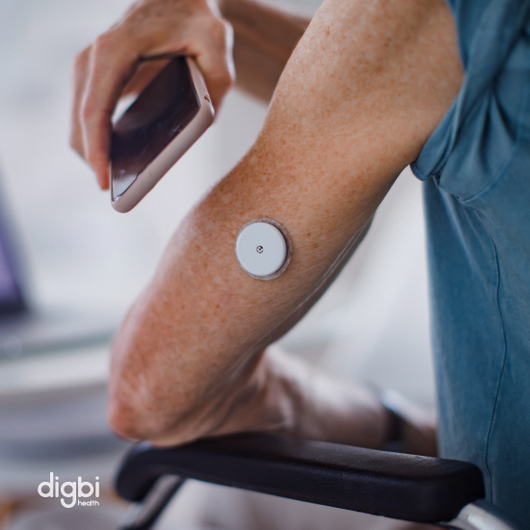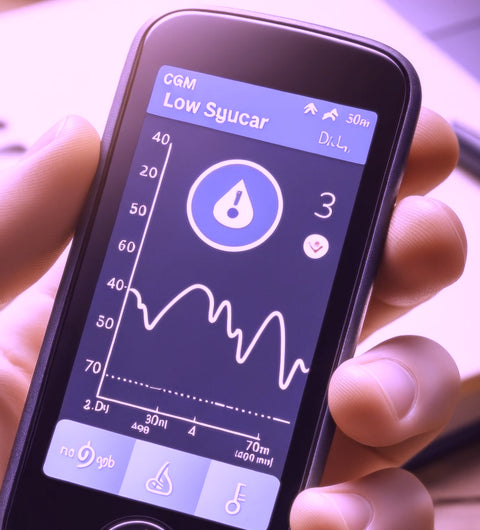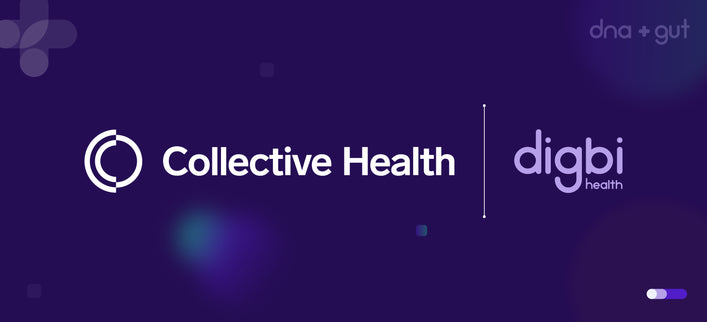We all know sleep is important, but did you know it can affect your blood sugar levels too? A study in the journal Diabetologia looked at how sleep influences blood sugar, especially after eating. Knowing this can help you make better lifestyle choices, and using a Continuous Glucose Monitor (CGM) can help you track and manage your blood sugar.
Key Findings
Sleep Duration and Blood Sugar
How long you sleep doesn’t directly affect your blood sugar, but what you eat for breakfast does. For example, a high-carb breakfast might impact your blood sugar differently depending on how much sleep you got.
Sleep Quality and Blood Sugar
The better you sleep, the better your body handles blood sugar. People who sleep more efficiently (spend more time actually sleeping) have lower blood sugar spikes after breakfast, no matter what they eat.
Sleep Timing and Blood Sugar
When you sleep matters too. People who go to bed and wake up later tend to have higher blood sugar levels after breakfast. Going to bed earlier might help keep your blood sugar stable.
The Cycle Between Sleep and Blood Sugar
Sleep can affect your blood sugar spikes, and high blood sugar levels can also make it harder to sleep well. This can create a cycle where poor sleep and high blood sugar impact each other.
Why This Is Important
Good sleep isn’t just about rest; it’s also important for your overall health. Poor sleep can lead to higher blood sugar levels, which might cause problems like type 2 diabetes and other cardiovascular health issues over time. Understanding how sleep affects your body can help you make better choices for your health.
Humans of Digbi : Real Members on Digbi Health
How to Take Full Advantage of CGMs to Understand Sleep, Diet, and Blood Sugar with Digbi Health Program
CGMs let you see how your blood sugar changes in real-time throughout the day and night. Here’s how to use CGM data with the Digbi Health Program:
- Link your sleep data from Apple Health, Fitbit, or Google to the Digbi Health App. This helps your coach see how your sleep affects your blood sugar.
If you don't already have a CGM, you can purchase a Freestyle Libre CGM from this link. Wearing it helps you track your blood sugar levels continuously.
- Take photos of your meals while using the CGM. This helps track how different foods affect your blood sugar, and your coach can give you personalized advice.
- After using your CGM, ask your Digbi Health coach for a report. It will show how your sleep, diet, and blood sugar are connected, along with tips for improving your health.
For those interested in digging deeper into the science behind these findings, you can read the full study published in Diabetologia by following this link: Impact of Insufficient Sleep on Dysregulated Blood Glucose Control Under Standardised Meal Conditions.
Conclusion
Sleep, diet, and blood sugar control are all connected, and understanding this can help you stay healthy. With the help of CGMs and guidance from the Digbi Health Program, you can learn how to make choices that improve your blood sugar levels and overall health. Remember, a good night’s sleep isn’t just about feeling rested—it’s about keeping your body in balance.







